Osmosis – LSD Micro Light Tabs
$66.00
Traditional LSD tabs for microdosing. 5mcg per tab/50 tabs per pack.
Reported benefits of LSD microdosing include elevated mood, decreases in depression, increases in energy and productivity, improved relational skills and adoption of better health habits. See below for more information on LSD and how to microdose with it.
Based on a dosing schedule of once every 3 days, 50 tabs will last you 5 months.
In stock
What Is LSD?
LSD (Lysergic acid diethylamide) was first synthesized by Albert Hofmann (1906-2008) in 1938. However it wasn’t until April 19th, 1943, as the first to ingest LSD, that he discovered its psychoactive properties.
LSD went on to be an iconic psychedelic drug popularized by Timothy Leary and others as part of the 1960s counterculture movement. LSD is a synthetic psychedelic compound, unlike naturally-occurring psychedelic compounds like psilocybin and psilocin.
It was the twenty-fifth derivative he synthesized from the ergot fungus, hence its more proper name, LSD-25. LSD is the most potent psychedelic agent in humans. It belongs to the ergoline family of psychedelic compounds, also called rigidified tryptamines.
How To Microdose LSD
The onset of effects from an oral dose of LSD is about 30-45 minutes. Peak effects occur 1-3 hours after oral administration. The duration of effects is dose-dependent: 6-8 hours at low doses and up to 10-12 hours at full/high doses. LSD is quickly distributed from the blood plasma into the body tissues and is ultimately metabolized in the liver.
Experts in this area suggest a few different microdosing regimens, but we recommend sticking with one of the most popular: Dr. James Fadiman’s system. Fadiman recommends taking a microdose once every three days: Take a microdose on Day 1. Then, do not take a microdose on Day 2 or Day 3. On Day 4, take another microdose. Continue this process for several weeks.
For most people, morning is the best time because the beneficial effects will last throughout the day and then taper off before the evening, thus not interfering with sleep. It’s also helpful to take daily notes in a journal to observe the effects throughout this process and adjust accordingly—or just notice the positive changes.
While it may seem like you would only feel the effects of the microdose on the days you actually take it, try to observe the effect on the two days between doses, too. Many people perceive increased feelings of flow, creativity, and energy the day after they microdose in addition to the day of microdosing.
Microdosing every day is not recommended. Because your body produces a tolerance to LSD, you might see diminishing returns after a few days if they are taken every day. This is why Fadiman suggests leaving a couple of days between each dose. Plus, the fact that positive effects can sometimes be felt many days after a microdose is a good reason to space out your doses.
Another downside to microdosing every day is normalizing a very potent substance. You can compare it to the use of coffee for productivity purposes. When you drink coffee every day, over time you need to increase the dose to get the same effect. Within a couple of months, one cup turns into two, three, or four cups. It is best to leverage microdosing as an occasional advantage, rather than a consistent go-to like coffee.
Be the first to review “Osmosis – LSD Micro Light Tabs” Cancel reply
You must be logged in to post a review.
Related products
Concentrates
Edibles (CBD)

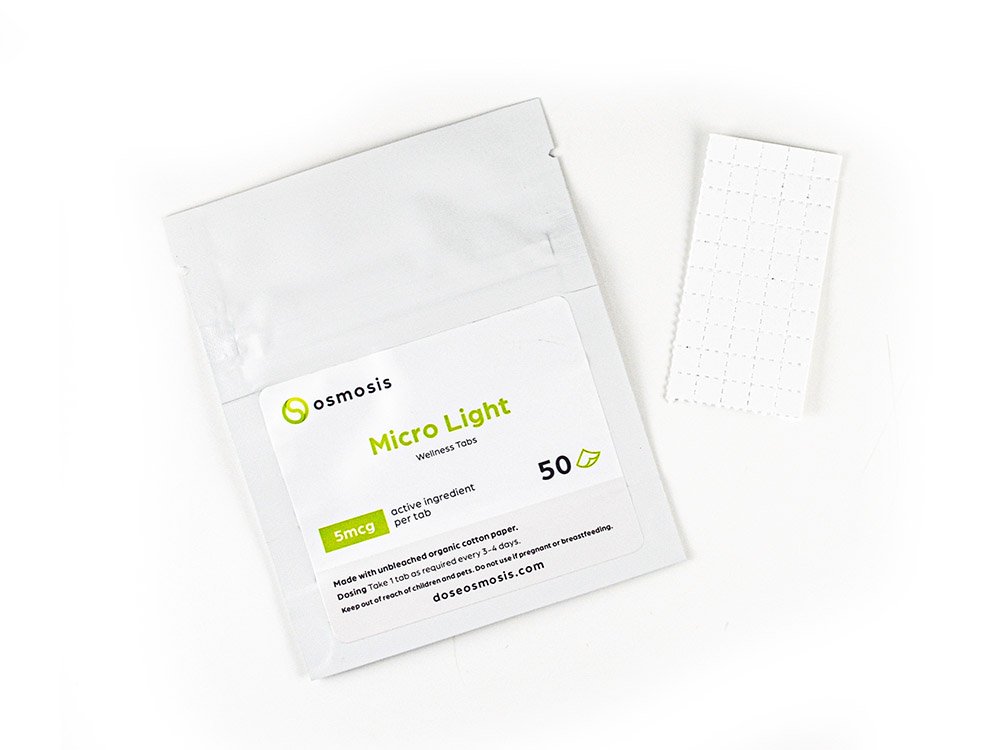
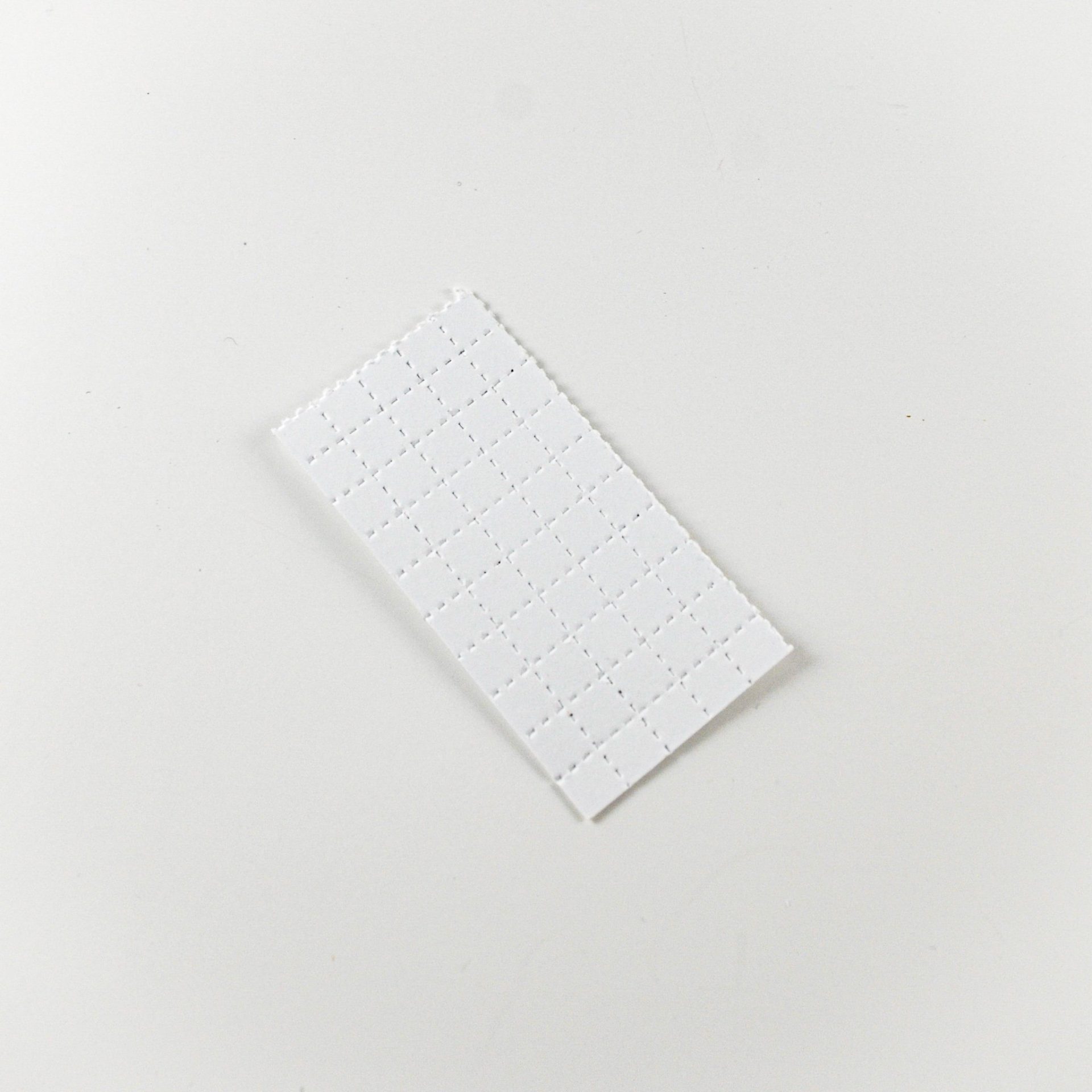
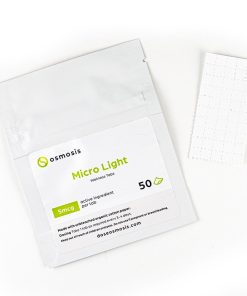
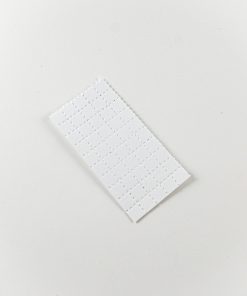
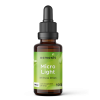
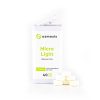

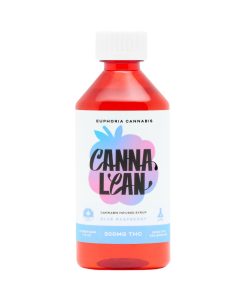
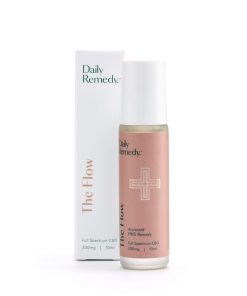
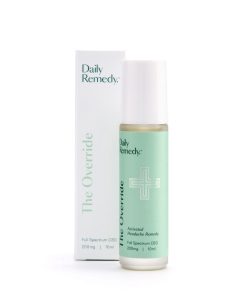
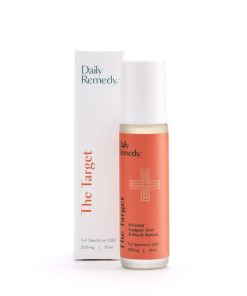
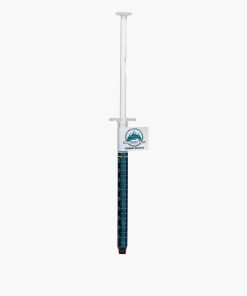
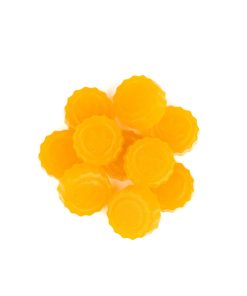
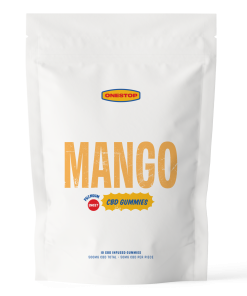
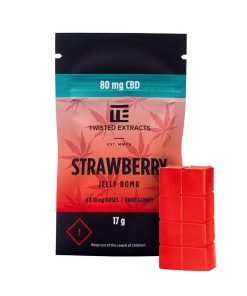
Reviews
There are no reviews yet.